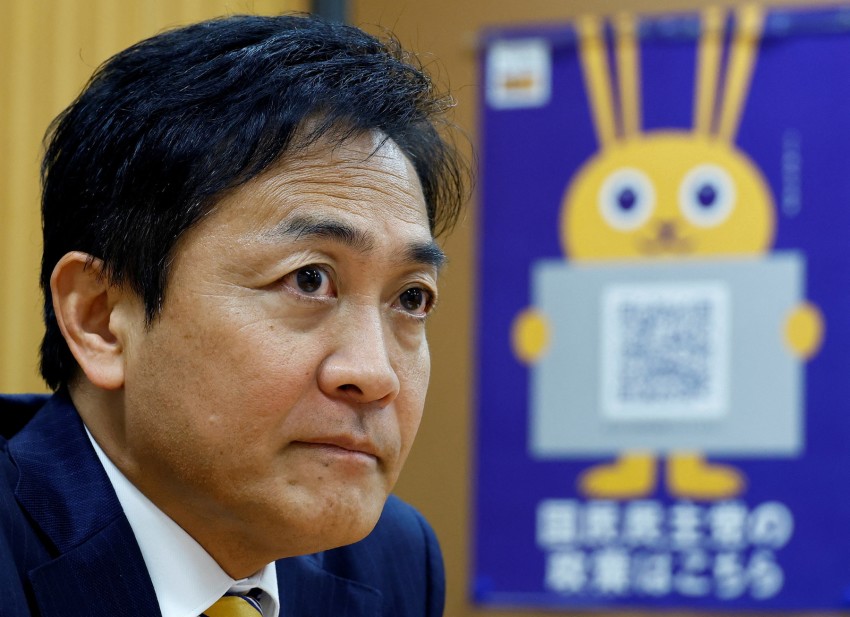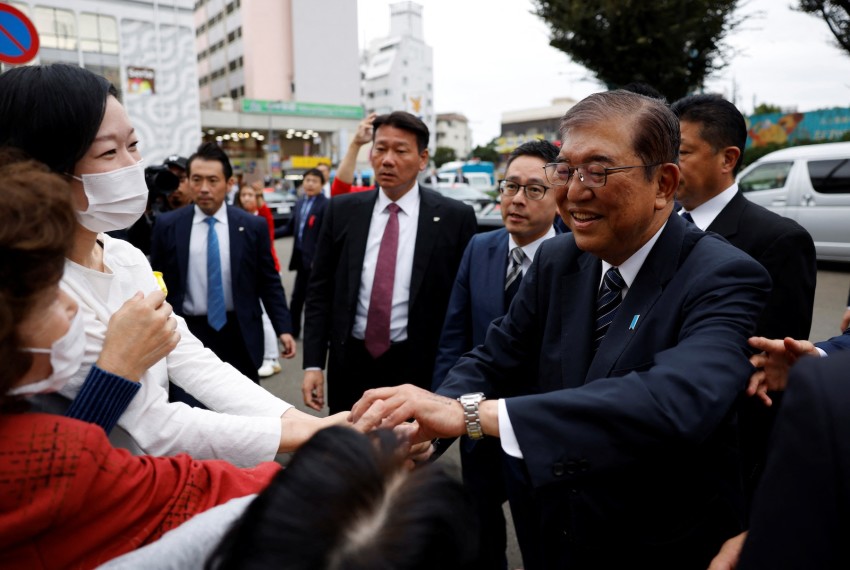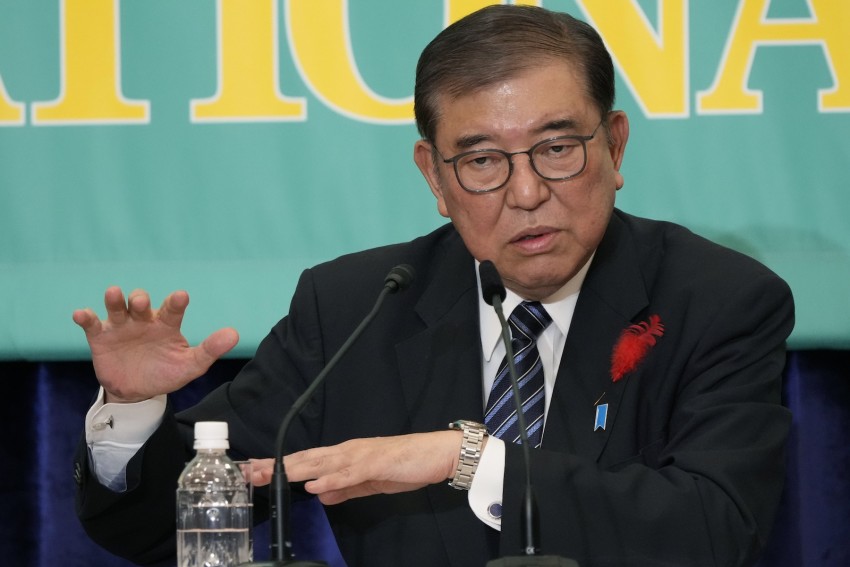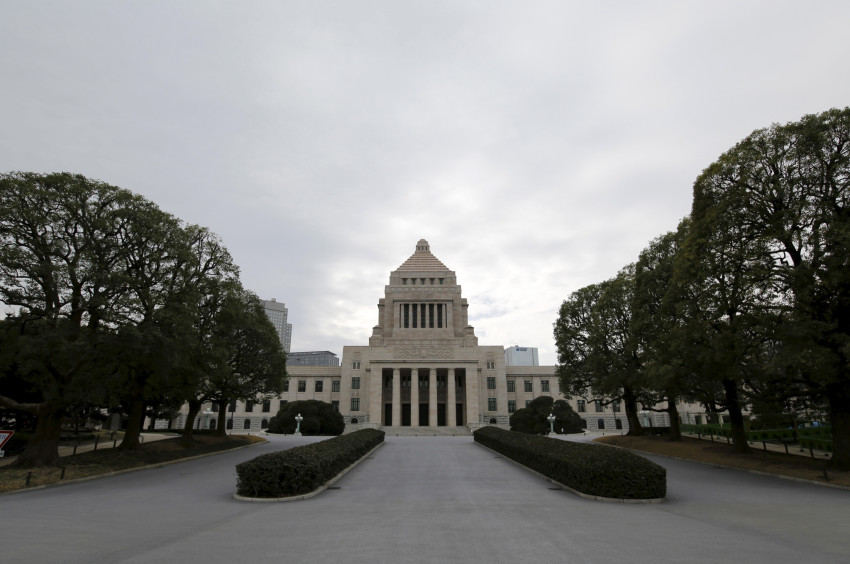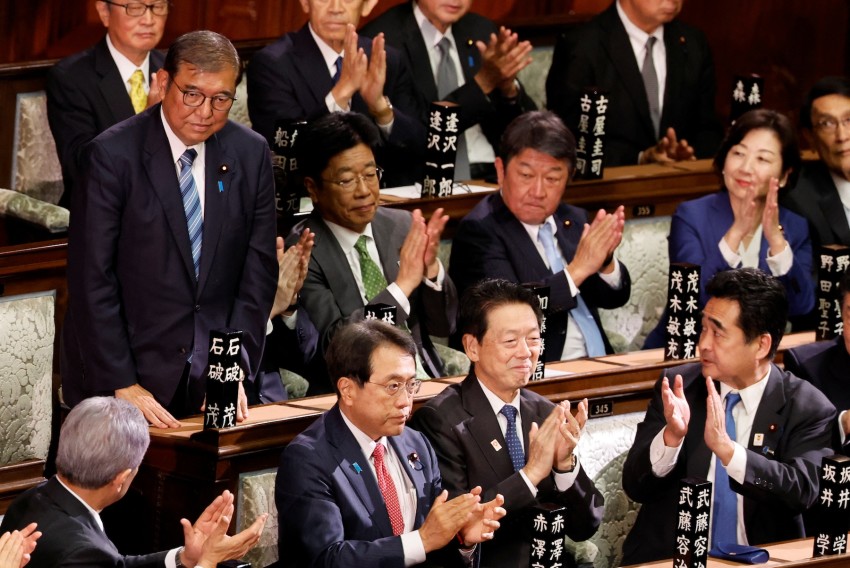Forced sterilization victims to receive ¥15 million in compensation
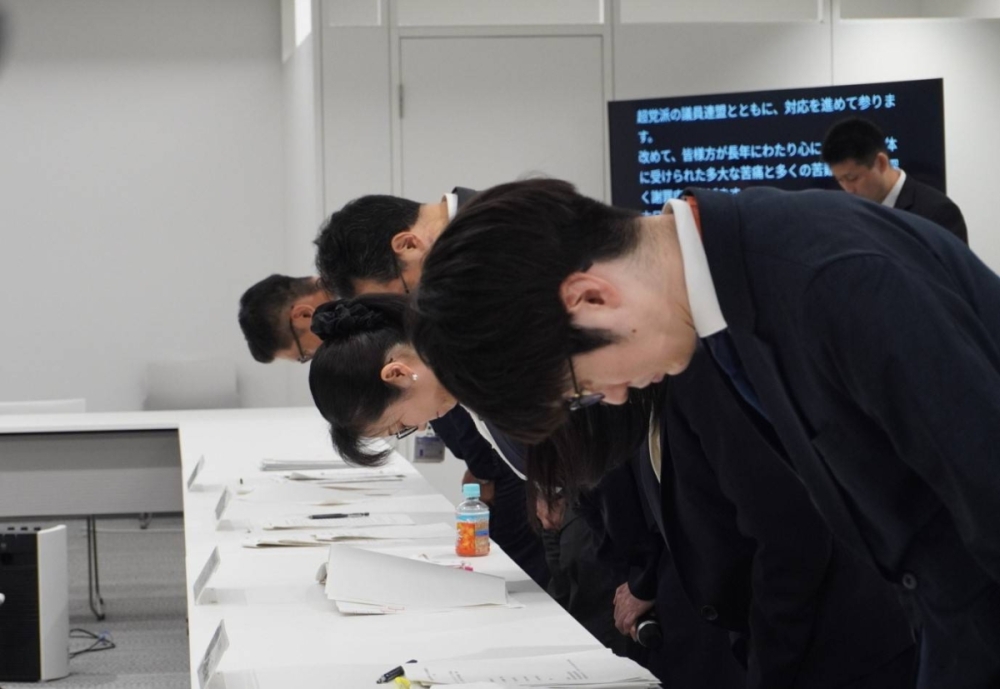
Plaintiffs who were subjected to forced sterilization under Japan's now-defunct eugenic protection law have reached a landmark settlement with the government, which will provide them ¥15 million (approximately $106,000) each in compensation. This agreement was finalized on Friday and comes in the wake of a Supreme Court ruling in July that mandated the government to offer financial restitution to the victims. The ruling is seen as a significant step towards addressing the historical wrongs committed under the eugenic law, which targeted individuals with mental or physical disabilities, often sterilizing them without their knowledge or consent.
The eugenic protection law, which was in effect for several decades, allowed the forced sterilization of thousands of individuals deemed unfit to reproduce. These procedures were typically carried out under the justification of preventing the birth of children with disabilities, yet were often performed without the victims' understanding or approval. The majority of those affected were sterilized simply because of their disabilities, adding to the lasting trauma they experienced.
Junko Iizuka, the leader of the plaintiffs’ group and who uses a pseudonym for privacy, acknowledged the settlement but noted that the harm caused by the sterilization persists. She shared that she continues to suffer from poor health as a direct result of the surgery. While the agreement marks an important milestone in providing some form of restitution to the victims, it also highlights the enduring emotional and physical scars left by the procedure.





